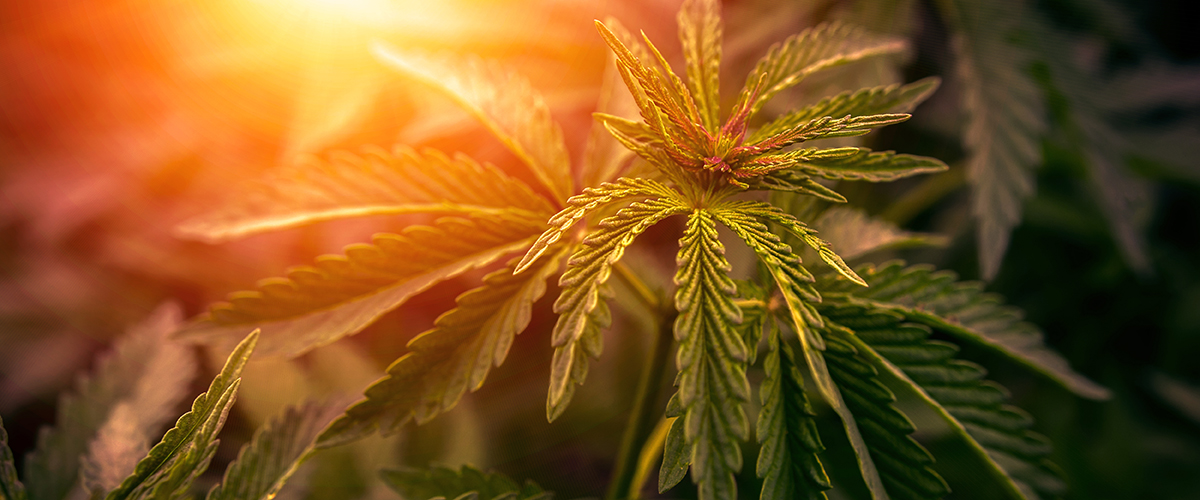A new study looks at the public perception of “cannabis” versus “marijuana” and finds no major difference.
In recent years the word “marijuana” has increasingly been used interchangeably with the word “cannabis.” This shift may have, in part, been an attempt by advocates to avoid conjuring negative feelings regarding the “m word” (marijuana) when discussing reform.
A new study describes this notion as the Framing Theory, which “suggests that the words advocates use to discuss public policies can influence how the public thinks about those policies, including the factors individuals will consider when formulating their opinions.”
To test the “Name Frame Hypothesis” in regards to cannabis, researchers from Vanderbilt University sought to find out if the word “marijuana” is perceived differently than the word “cannabis.” The team used an online survey of 1,600 American adults, asking questions about legalization, moral acceptance, tolerance of drug activities, perceptions of harm, and stereotypes of users.
Respondents were randomly assigned the term “marijuana” or “cannabis,” while the rest of the question’s text remained the same.
“Contrary to expectations, we find no support for the name frame hypothesis: average opinion on ‘marijuana’ legalization is not statistically distinguishable from average opinion on ‘cannabis’ legalization,” the study’s authors wrote.
“In other words, calling the drug ‘cannabis’ does not boost public support for legalization of the drug.”
The results of the survey showed that opinion regarding legalization is very similar, with 50.1 percent supporting “marijuana” legalization and 50.3 percent supporting “cannabis” legalization. The results did indicate a slight difference in those who strongly support the legalization of cannabis versus marijuana (34 percent compared to 26 percent).
The percentage of respondents who viewed the use of “marijuana” and “cannabis” morally acceptable was also similar (43.8 percent versus 44.3 percent). Researchers did find a small difference in the percentage of respondents who find “marijuana” use morally wrong compared to “cannabis” use (27.2 percent versus 20.8 percent).
The research team studied online searches, policy texts, and U.S. newspaper stories to get a better understanding of what if any impact the difference of words made on the public’s perception of the substance. Results showed that marijuana is still a more popular term in the United States.
In conclusion, the authors wrote, “Throughout each of our tests, we find no evidence to suggest that the public distinguishes between the terms ‘marijuana’ and ‘cannabis.’”
Potential Impact of Timing and Location
Certain study limitations were highlighted by the researchers. The most significant was relative to timing.
“As public discourse evolves and increasingly relies upon the use of “cannabis” vs. “marijuana,” the latter term could indeed become outdated and associated with the policies and attitudes of a prior era,” the study’s authors wrote.
Another limitation involved location. Researchers looked to google search trends for comparison of “marijuana” with “cannabis” worldwide and by country. The research team examined the ten-year time period between Jan. 1, 2009 to Dec. 31, 2018.
What they found was that in the ten-year period, “cannabis” had nearly surpassed “marijuana” in Google Trends worldwide, but in the U.S., searches reflect a 3:1 ratio: 77 percent are searches for “marijuana” and 23 percent for “cannabis,” according to the study.
The full study is available through the journal PLOS One.
More on Marijuana
Want more on marijuana research? Visit our scientific research page to read the latest reports on cannabis studies.
To find out more about cannabis news in policy and business, visit our news page.






